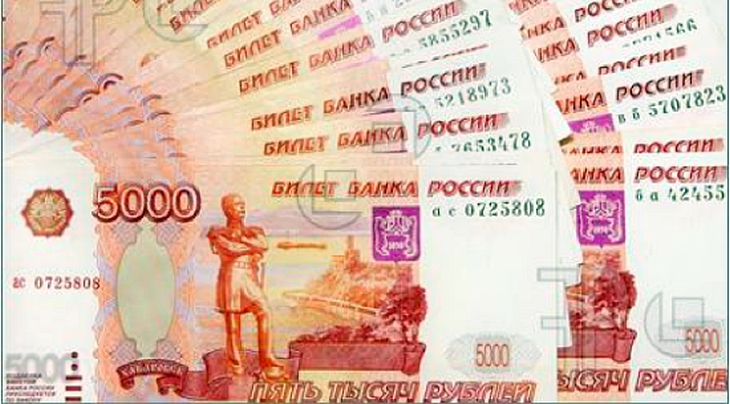###author###
Currency crisis in Russia will be difficult to set, as there are more external causes, but the negative effects of the depreciation of the ruble against Romania should be insignificant. At least for now, we don`t have a crisis in the region or for the emerging markets in general, while any propagation pathways for the ruble crisis to the financial and economic system of Romania are not solid, says Mihai Nichişoiu, Global Macro Strategist, Tradeville.
“Not even variables that describe the depreciation of the Russian currency- the decline in oil prices and the appreciation of the US dollar – are not emerging as destabilizing elements of the Romanian economy. With regard to the sharp decline in oil prices, local fuel prices are usually relatively inelastic, especially when international prices fall. The appreciation of the US dollar has no effect, given that Romania is an emerging economy with no impressive current account deficits and, moreover, has not experienced in recent years an euphoria of foreign capital inflows to risk violence in outflows inside an increasingly strong dollar environment,” says Nichişoiu.
For the ruble, the longer-term outlook remains yet bleak. Its depreciation may take a break if oil stabilizes while the US dollar corrects negatively. Yet, the declines in oil prices and the appreciation of the US dollar are structural phenomena, with a trend difficult to reverse.
“The depreciation of the ruble has turned into a currency crisis earlier this week, when, although the central bank raised key interest rate substantially to 17%, the ruble lost within hours almost a third of its value against the US dollar. Very likely, the central bank will intervene directly in the currency market and / or will rise the interest again, but future developments will the ruble is rather a global-macro context in general, and oil prices in particular, ” says Nichişoiu.
“Domestic determinants of the depreciation are insignificant. Investors` motivation to withdraw capital from Russia on purely geopolitical channels are likely to have declined sharply over the past few months. Political influence of the Kremlin administration in economic activity was hardly felt this year. Also, the central bank of Russia, under the leadership Elvira Nabiullina, took coherent and prudent decisions. “
Instead, the ruble is hit by powerful external factors. Oil prices, which are directly and strongly correlated with the ruble, lost almost half their value in recent months. In the US, the Federal Reserve approaches the first key interest rate increase after 2006, and this perspective leads to a strong and widespread appreciation of the US dollar – setting again negative premises for emerging currencies, including the ruble, the Tradeville analyst concluded.

